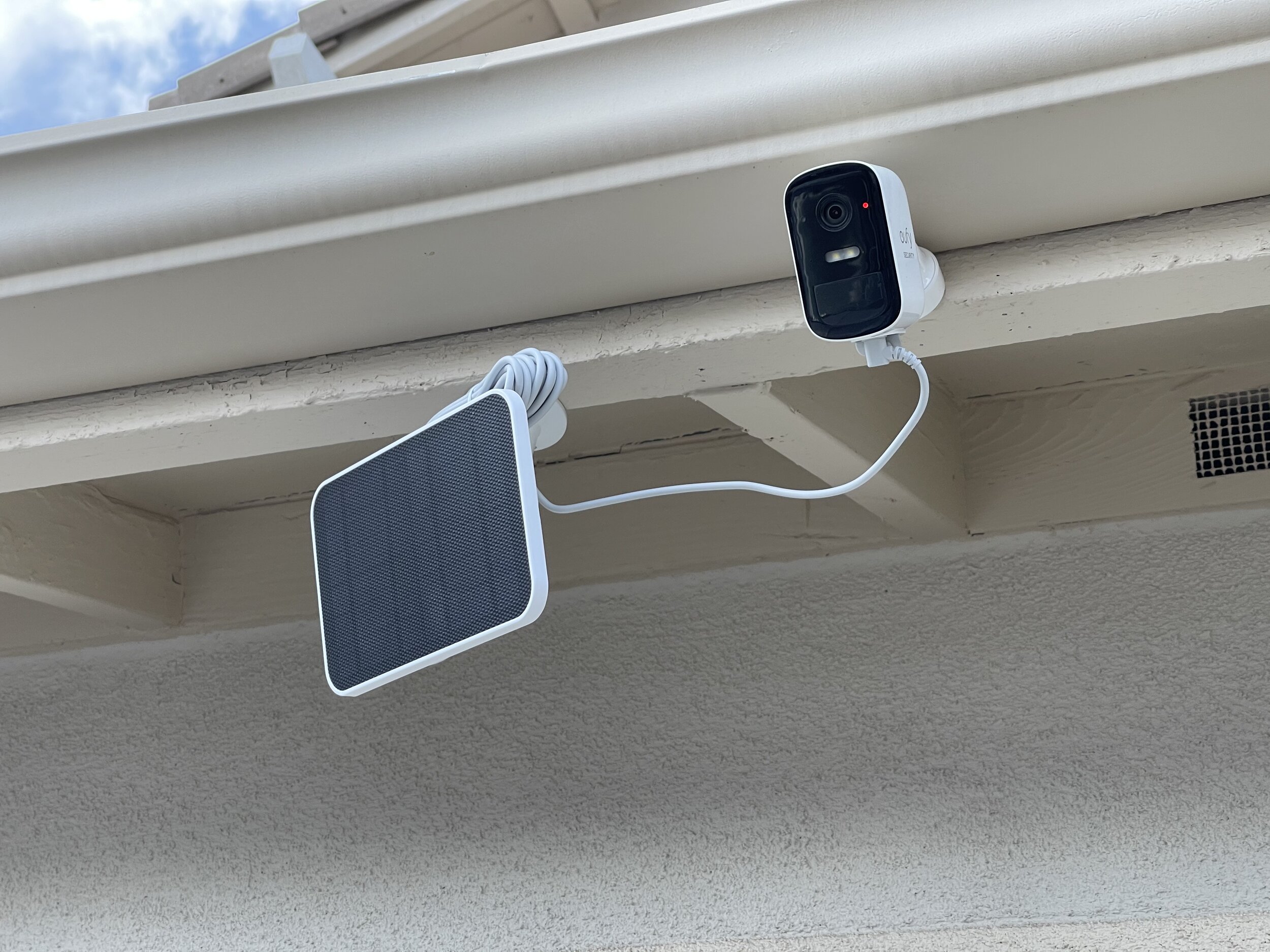Anker has a home security subsidy, eufy, that has jumped into the home camera business with both feet. I like and trust Anker. I have been buying their stuff for years, so I was interested in their eufy camera offerings from the beginning.
For several years, I have been using the Canary camera system. I was a paying subscriber and generally happy when I first started using Canary products. But over the past few years, my love has waned. The cameras have begun failing me regularly for no explicable reason. When I would check them, they would be offline. If I power-cycled them, they would start back up and sometimes reconnect, but not always. Had the Canary company been willing to embrace HomeKit, I may have looked into upgrading the cameras instead of moving on. But alas, beyond some early broken promises, Canary has shown no interest in HomeKit, and I was ready to move on.
eufy was very much of interest to me. At this point, eufy does not have a subscription service where you pay them to store security video online for you. Instead, they have integrated storage in their hardware so you can keep your security footage locally. Because they are not motivated to sign you up for their subscription service, they have also embraced Apple’s own HomeKit Secure Video service with a growing list of their cameras.
I bought a few of eufy’s battery-powered cameras including the eufyCam 2C and the eufyCam 2 Pro. Both are battery-powered wireless cameras that connect to eufy’s hub, which contains 16GB of internal storage. The cameras stream to the hub, and you can monitor the hub from the eufy app. The internal storage holds the streams until it runs out of memory, and then it starts deleting older footage to make room for new footage. It all works fine, although I wish they made the storage via replaceable SD card.
Moreover, the eufy hub can connect with HomeKit and turn footage from these cameras over to HomeKit. For a reasonable price, you can have wireless cameras feeding straight into your HomeKit, which you can also connect to HomeKit Secure Video.
This whole system is far better than my Canary system, and it has been a great upgrade. Comparing the 2C vs. Pro cameras, there are a few items of distinction:






